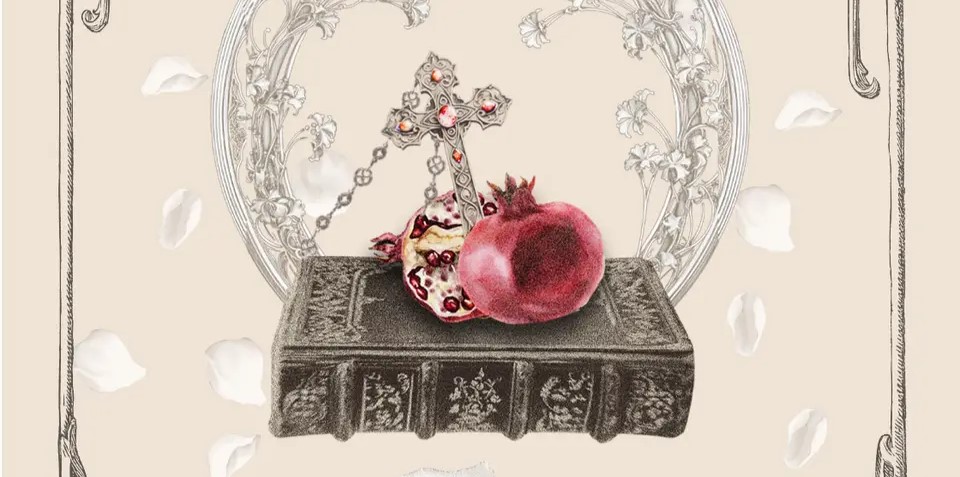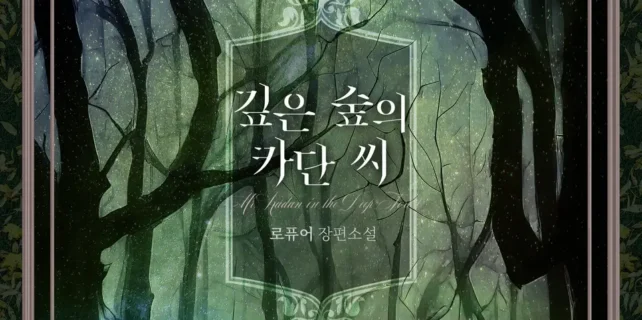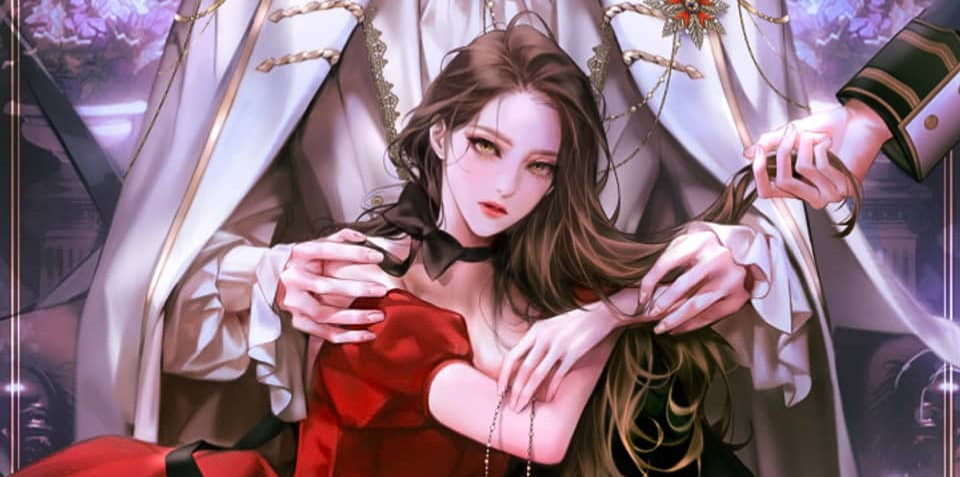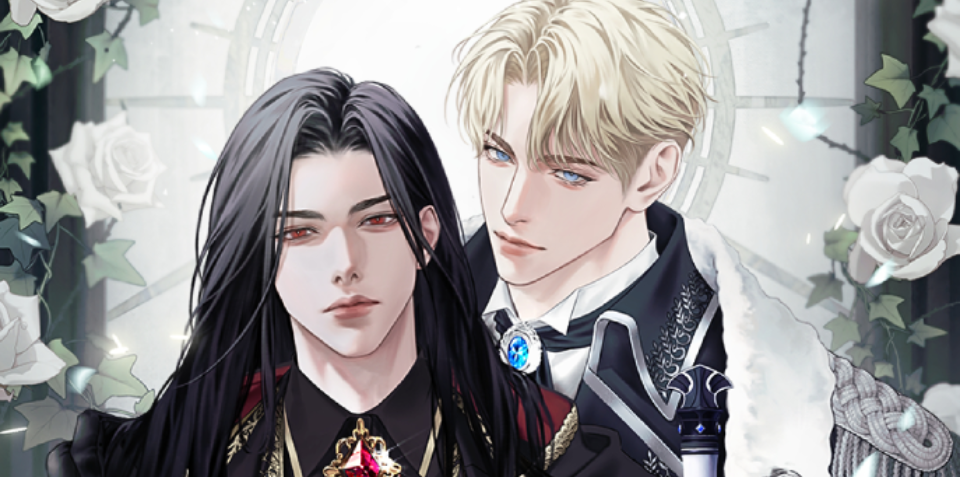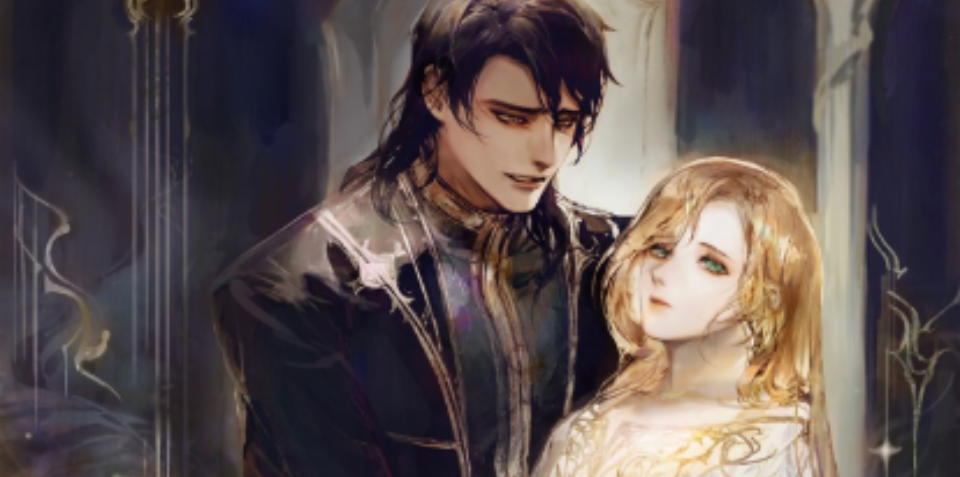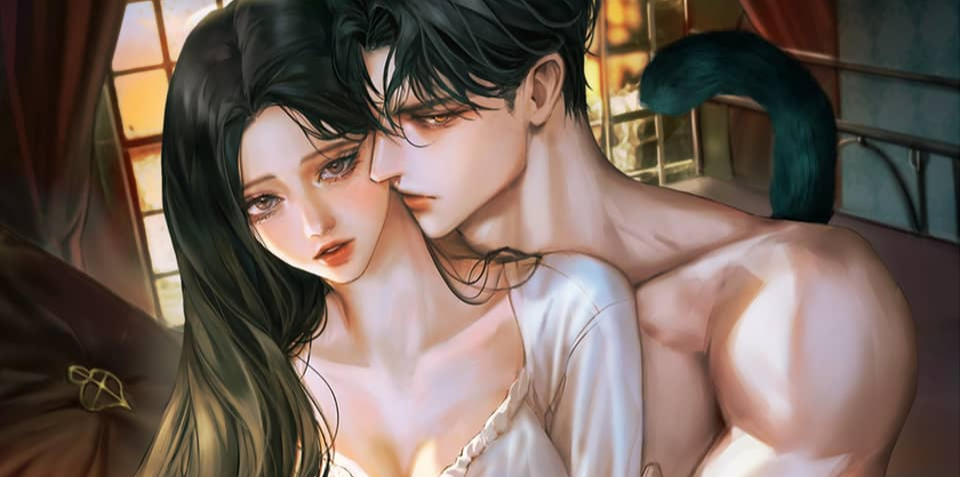Abandoned Maid of the Grand Duke - Chapter 32
As she turned around and hurried away, her swollen belly swayed precariously. It was clear she shouldn’t be running like that in her condition, and those watching murmured their concerns while Ernst frowned deeply.
Likely sharing the same thoughts, some men peeked into the basket of sandwiches she left behind and clicked their tongues.
“Poor thing, she still seems to find her husband intimidating, huh?”
“Well, that’s how it is for newlyweds. Everything is still so embarrassing.”
“No, it’s just the way she talks.”
If you are hungry, I shall go ahead and prepare your meal for you, sir.
Even if they’re newlyweds, having slept together and expecting a child, she still talks like that? It’s as if she’s serving a master, not a husband.
One of the men mumbled through a mouthful of sandwich, surprised by Ernst’s cold glare.
“I didn’t mean anything bad by it, really.”
“Hey, we just meant you should be a little more affectionate. Your wife still seems shy around you.”
“By the way, how did you two meet?”
Trying to change the topic, the man threw in a question, and Ernst’s expression softened slightly at the unexpected query.
‘How did we meet?’
It was an odd question, really, since they’d known each other since they were children. From a time when neither of them knew anything about relationships.
Back then, Julie was just a young maid in the Duke’s household, and he merely saw her as another child his age. But when did he start to see her differently? What had caused that change?
“Come on, share the story already. It’s always fun to hear about someone’s love life.”
As the men urged him on, their curiosity piqued, Ernst tilted his head thoughtfully. He remembered Kainri asking the same question countless times.
‘Why her? Why did it have to be Julie?’
The reason it had to be her. Why only Julie would do.
Though it felt like ages ago, the memory of that moment was still vivid in his mind. It was a meeting that had always been crystal clear, even as the years passed.
And as he thought back, the memory began to heat up in his mind like a mirage in the distance.
***
It was when he had returned home from the academy that Ernst met Julie again.
Well, although it was called an academy, it was closer to a military school designed to train soldiers for war.
Of course, it hadn’t always been this way. When the imperial authority was solid and the people’s lives were stable, high-ranking nobles attended the academy to learn culture and academics and to build connections. But everything changed with the outbreak of the civil war.
The emperor’s incompetence and the collapse of imperial authority led to rampant corruption among the nobles, who exploited the common folk.
They should have been more discreet with their greed, but they consumed with such avarice that it couldn’t go unnoticed. Eventually, the rebellion broke out.
Militias were formed, bands of rebels received funding from merchants, and foreign weapons were brought in, escalating the conflict. Civilians in the military joined the rebellion, and soon a conscription order was issued, even for the nobles.
From that point, the utopia of culture and learning transformed into a brutal training ground for savagery.
“Our Young Duke has quite a talent for sniping. If it weren’t for you being Johanna’s son, you would have been conscripted long ago.”
His mentor, Marquis Bjorn, would say.
Ernst’s mother’s status as a direct imperial princess was the only thing keeping him from being immediately sent to the front lines. Even then, his father was already serving on the battlefield while Ernst trained at the academy.
The rebellion had overturned the social order. High-ranking nobles and central authorities were equally vulnerable. Suppressing the current rebellion wouldn’t solve the underlying problems; without internal reforms, another uprising was inevitable.
Aware of this grim reality, Ernst began moving his family’s assets abroad, urging his father to prepare for the worst.
“If the imperial family finds out, we will be executed for treason.”
When his father had warned him, Ernst remained undeterred.
They just need to avoid getting caught, that’s all.
Moreover, he answered back at his father that remaining in their current position would likely result in execution in a few years’ time. It was only then that his father heeded his advice.
As it turned out, his father’s death in the war soon after made concerns about treason or execution moot.
Even within the academy, it was clear that without internal reforms, another rebellion was inevitable, no matter how the current one was suppressed. The question then was, who would be capable of carrying out such reforms?
Even if the military suppressed the rebellion, if the emperor failed to lead effectively, the next opportunity for rebellion would surely arise.
“Naturally, it will be you, young duke,” his mentor, Marquis Bjorn, had said, recognizing Ernst’s talent for sniping and taking him under his wing for military strategy and psychological warfare.
‘What a bother.’


